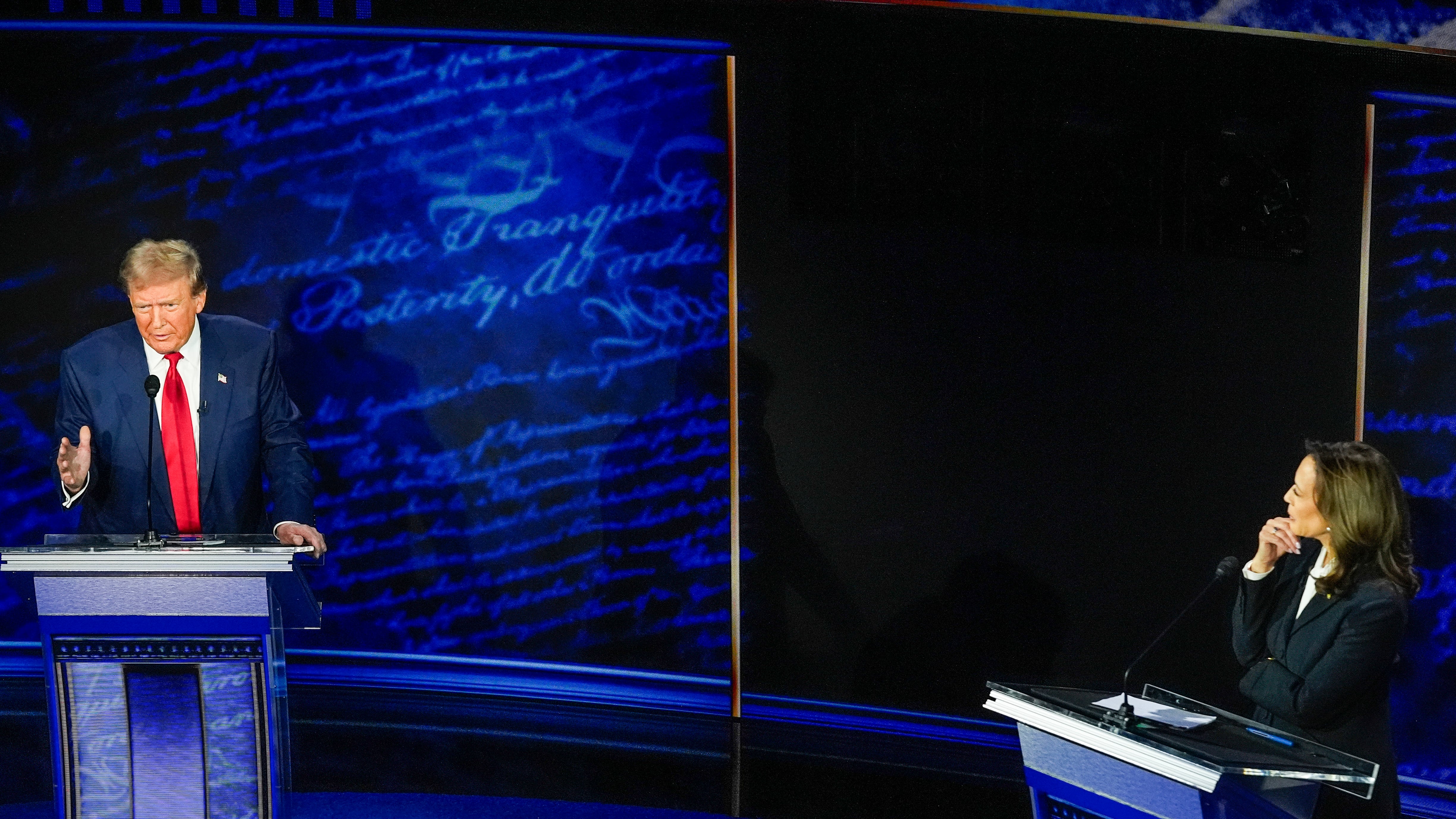With just seven sleeps until Election Day, students across campus are feeling the weight of political anxiety sink in.
“What stresses me is not knowing if it will end up the way I want it to,” Gianna Perez, a freshman music industry major who plans to vote for Vice President Kamala Harris, said.
Many students, like Perez, feel major issues impacting their civil liberties are up to the vote next week. “One of the most important things to me are reproductive rights, like Roe v. Wade,” Perez said.
She is one of many students who is struggling during the high-stakes campaign. Some young voters are doom-scrolling on social media and seeing influencers’ urgent warnings to go out and vote.
“I consume a lot of media about the election, whether through TikTok or news articles, and there’s a lot of fearmongering around it,” Bella Childre, a junior health and human sciences student, said. “I generally get antsy, and do a little bit of doom-scrolling.” She said she often finds herself in an “echo chamber” or looking for content that feels “inflammatory” to her.
Isabella Friedli, a junior biochemistry and neuroscience major, knows she will enter the working world under the next president. “I’m graduating a semester early, so having to live in the world under whichever new [president] is going to be stressful because you just don’t really know what’s in store for you for the next four years,” Friedli said.
“People get super opinionated and it’s just a super stressful time,” she said. “I’m definitely very antsy.”
For students looking to take care of themselves at such times, Dr. Broderick Leaks, director of Counseling and Mental Health Services, listed ways to manage election-related stress in his blog post with Staying Well at USC. Dr. Leaks encourages students to set healthy boundaries in their news consumption. “Stay informed, but take breaks from the 24/7 news stream to avoid burnout,” he wrote.
Other practices Dr. Leaks suggested include connecting with friends and campus resources, as well as setting aside time to invest in your own well-being.
Dr. Sarah Van Orman, USC’s chief health officer, recommended a few similar techniques. She suggested “focusing on controlling what you can control and understanding where your boundaries are in terms of having conversations with people you align with, and people you have different opinions than.”
Students should assess what they can handle in political conversations and be ready to disengage to protect themselves, if necessary, Dr. Orman said. “I encourage people to feel okay about disconnecting and then come back if, and when, that feels right for you.”
